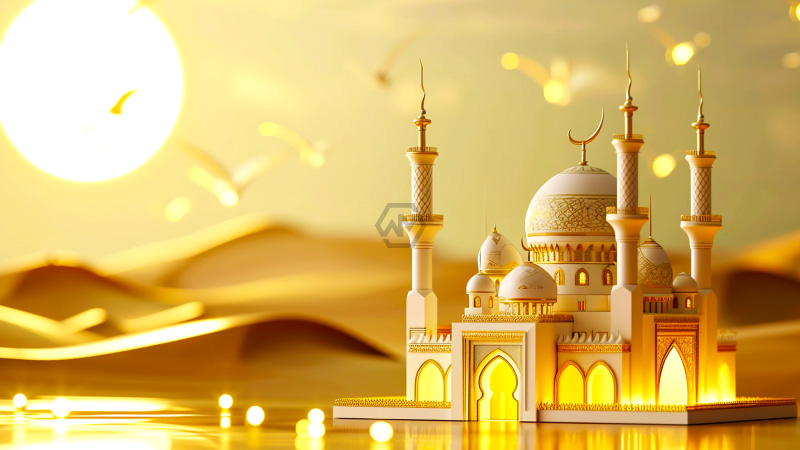- Eid-e-Milad marks the birth and death of Prophet Muhammad, observed in Rabi’ al-awwal.
- The festival is celebrated with prayers, community gatherings, and special meals.
- It reflects on the Prophet’s teachings, although some Islamic sects do not observe it.
Eid-e-Milad-Un-Nabi, also known as Mawlid, is a significant Islamic festival observed by many Muslims worldwide. The festival marks the birth of Prophet Muhammad, revered as the final messenger of Allah.
Traditionally, Sunni Muslims commemorate the Prophet’s birth on the 12th of Rabi’ al-awwal, while Shia Muslims observe it on the 17th.
The Spiritual and Cultural Significance of Eid-e-Milad 2024
The origins of Eid-e-Milad are believed to date back to the Fatimid dynasty in Egypt, approximately 600 years after the Prophet’s passing. Over time, this festival has spread to various regions, becoming a global observance. However, some Islamic traditions, such as Wahhabism and Deobandism, do not recognize it, viewing it as a religious innovation. This diversity of perspectives underscores the festival’s evolving role within the Islamic world.
While Eid-e-Milad is celebrated in many parts of the Islamic world, there are contrasting views on its religious legitimacy. Some sects, like Wahhabism and Deobandism, regard the festival as a bid’ah (innovation), arguing that the Prophet himself did not celebrate his own birth. These perspectives contribute to a varied observance of the day, with some Muslims choosing to focus solely on the Prophet’s teachings without partaking in the festivities.
The historical roots of Eid-e-Milad can be traced back to the Fatimid dynasty in Egypt, though some historians suggest earlier origins in Syria and Iraq. The festival originally took the form of scholarly gatherings and readings of the Prophet’s biography. Over time, these gatherings evolved into elaborate celebrations involving decorations, processions, and feasts.
In 2024, the festival garnered attention in India, particularly in Maharashtra, due to the change in the holiday’s official date from September 16 to September 18. The Reserve Bank of India (RBI) and state authorities adjusted the holiday to align with the local calendar, reflecting the influence of Islamic culture on public life.
Eid-e-Milad continues to be a moment for reflection and celebration, serving as a reminder of the Prophet Muhammad’s timeless message. It brings together Muslims worldwide, even as diverse interpretations of the festival’s significance persist.
“The best among you are those who have the best manners and character.” – Prophet Muhammad



